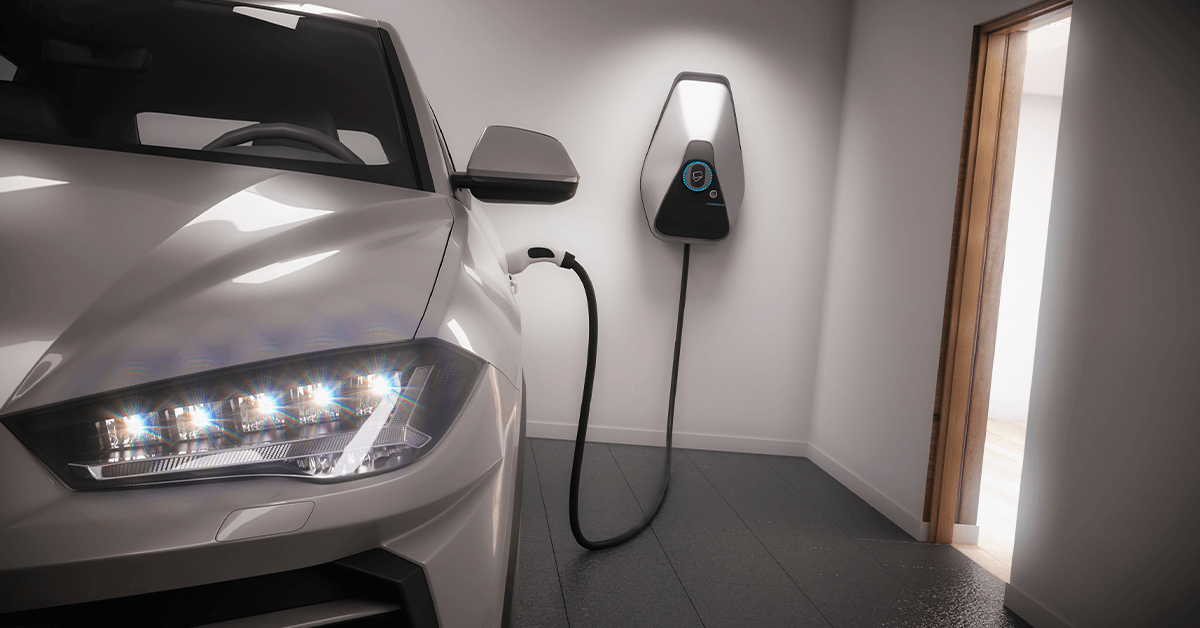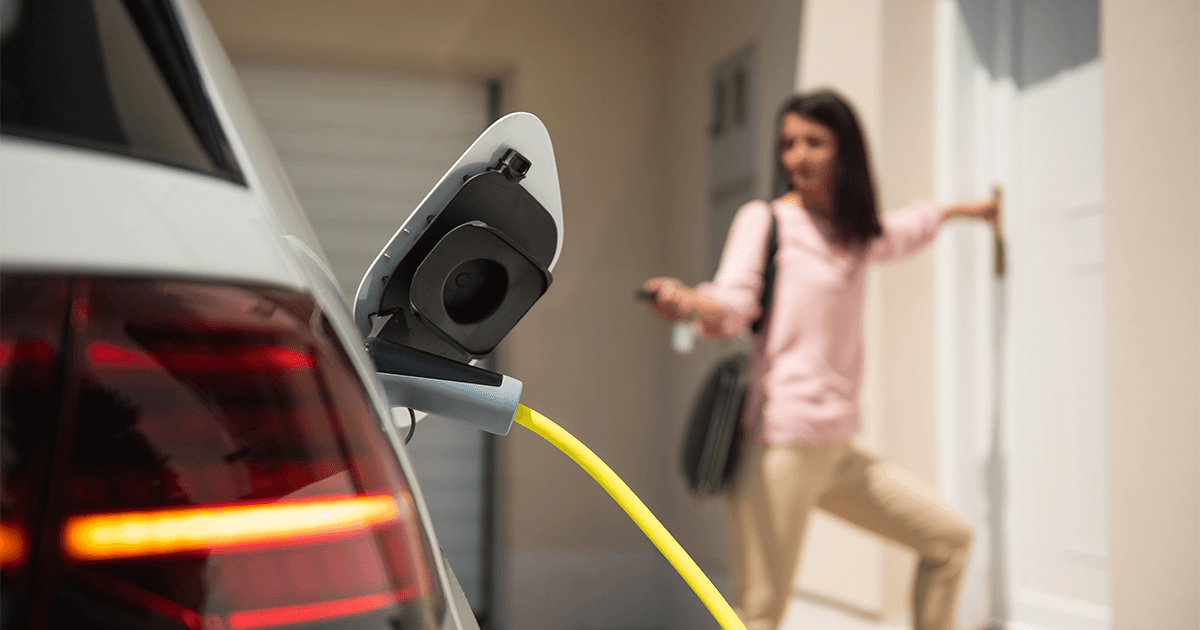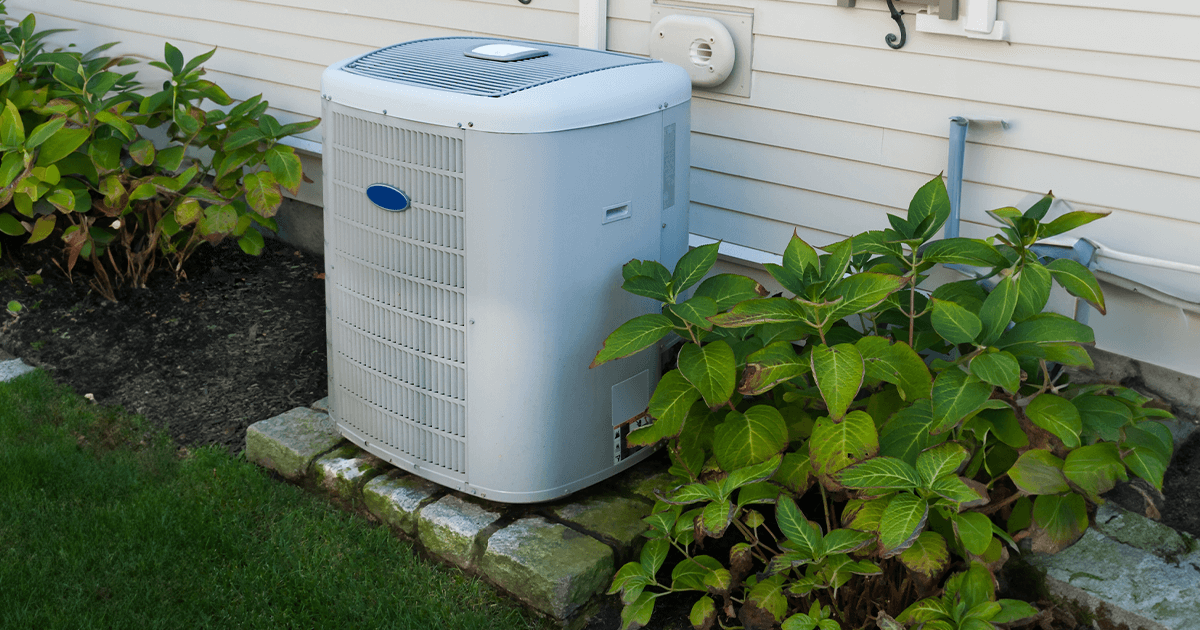Electric cars are becoming a popular choice for new vehicle purchasers today. With the purchase of an electric car, the next consideration is what size EV car charger to get. Chargers for residential installations range from 110 volt house power, up to 90 amp 240 volt. The more power they require, the faster they will charge your car. A 22KW charger will charge your new vehicle 3 times faster than a 7KW charger.
Electrical Load Calculations
In the city of Edmonton, if you want to install a car charger, you need an electrical permit. Additionally, you are required to have a master electrician fill out a document called a “load calculation”. This form calculates the load or demand. It determines if you have the capabilities in your normal home service to handle the size of the car charger you are intending to install, such as accommodating an EV car charger. A normal home has anywhere from a 60 amps electrical service in older homes, to normally 100 amps in mid-sized homes.
Choosing an EV Car Charger
When choosing an EV charger, you might want to first consider how much power you presently have coming into your home. You should also consider how much your present appliances are consuming. The load calculation is based on specific demand applied to specific loads. If you have a standard 1200 square foot bungalow, with a range, clothes dryer, and an AC, your demand will be 81.6 amps. That means that on a normal 100 amp service coming into your home, you only have 18.4 amps remaining. This does not include things like tankless hot water systems, steam generators, swimming pools, hot tubs, electric baseboard heaters, or spas. That doesn’t leave much room for a car charger, especially an EV car charger.
Reduce the Electrical Demand
So to correct this problem (and give you enough room to get a decent-sized car charger), you’ll need to reduce the demand on the home’s incoming electrical service. The easiest way to rectify this permanently is to hire a gas fitter. Replacing the electric range with a gas unit will reduce the demand on the service by 25 amps. This is usually enough to give you at least a 30 or 40-amp charger suitable for an EV car.
If that is not an option, then the next method is to install an energy management system specifically suited for EV chargers. These energy management systems provide power for the car charger. At the same time, they monitor the total load being consumed. If the total load for the home reaches 80% of the peak rated capacity of the service, it will shut off the power going to the EV charger.
When the total demand on the home service is less than 80% for 15 minutes, it will restore the power to the EV charger. This will allow it to continue its cycle. Just because the calculated load is 81.6 amps on the load calculation, doesn’t mean that’s what you are consuming under normal situations. It is actually far less.
Power management systems, dedicated circuits for the new car chargers, or increasing the power to the garage to accommodate the new charger can all be accomplished by calling Robart Electrical Services for a free quote. Their services include configurations for EV chargers.
Photo credits: shutterstock.com





